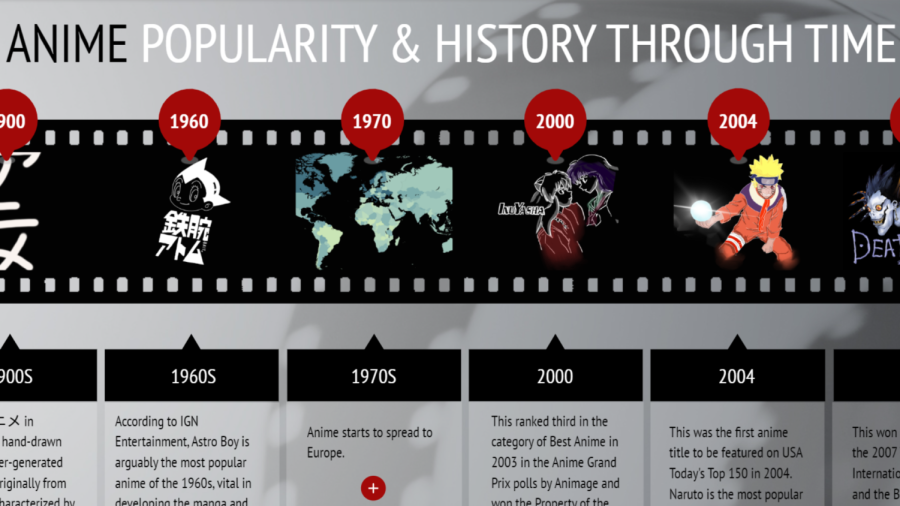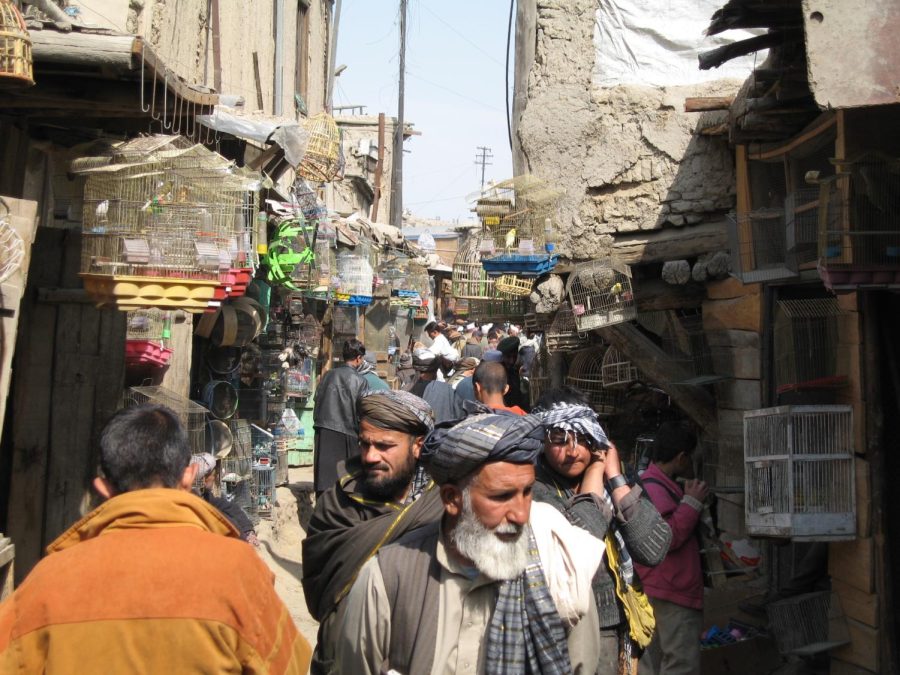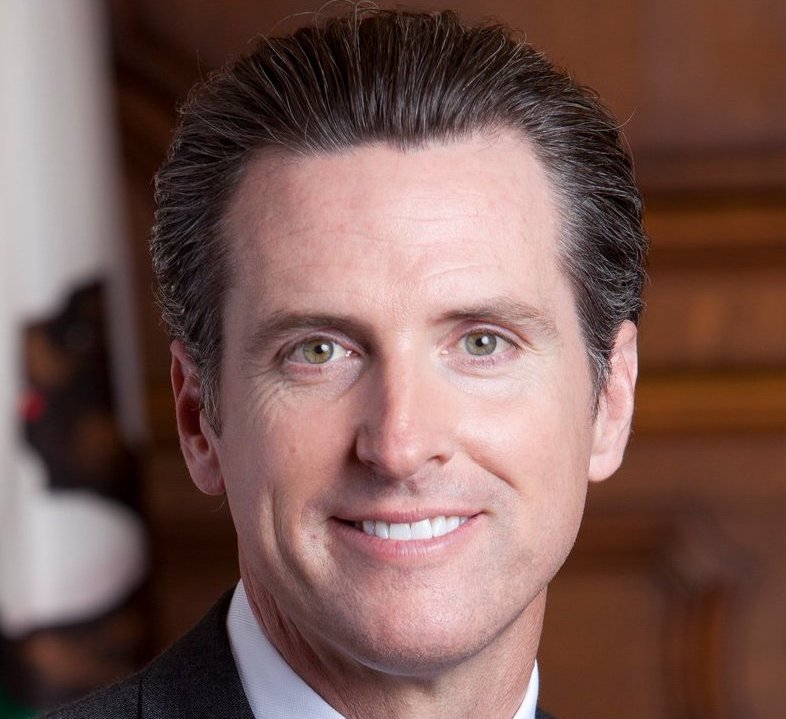Forget the 80 days that it took Phileas Fogg to travel around the world, now due to our technological advances we can fly around the world in less than 48 hours. The world now seems relatively smaller than it was in the days when Columbus sailed the ocean blue.
With our domination over distance, we have become significantly more intertwined with the other nations of the world. On the positive side, economic links between nations are mutually beneficial, allowing each nation to amass more goods than if they produced them all in-house and political collective organizations create a multinational unified front when dealing with major world issues.
Despite the good, these linking institutions provide, they also cause a great deal of problems. Being chained to other nations both politically and economically has forced our nation to be subject the actions and goings on of other nations.
In 1914 the death of The Austrian Archduke Franz Ferdinand at the hands of Serbian Nationals sparked the first World War. Nations were drawn into a battle initially between Austria and Serbia based on their alliances. Gone are the days when war was a private matter between two isolated feuding nations. Since WWI, the world has entered into new era of warfare that supersede national boundaries.
In addition to economic and political links, the domination over distance has altered the average citizen’s conscious to be more globally than locally minded. A nation’s internal problems become the world’s concern while local reporters record every second of foreign dignitaries lives.
The citizen is no longer concerned solely by problems at home but also with the comparatively more devastating tragedies abroad.
The United States is not devoid of poverty, but many citizens would say that donating time and energy to starving babies in third world countries would be more altruistic than working towards aiding citizens at home because our citizens are relatively better off than those in third world countries.
World hunger is comparable to a bottomless pit; There are starving people everywhere, a globally conscious philanthropist faces the choice of donating to starving families in Chile, Ethiopia, Togo, Sudan, or a hundred more countries. Even if this hypothetical philanthropist were to assist families in all the starving nations of the world, his impact on world hunger would be very small, whereas if his efforts were applied to a smaller sphere he could make a significant difference. If the this philanthropist were to combat starvation and poverty in his own city, working his way up to a larger stage, he could make a major dent in local, state, and national starvation
I’m not professing that political and economic links are solely poisonous, that provincialism is superior to global awareness, or that attempts to aid the needy in other counties is a waste. I’m merely asserting that trying to alter the world or putting the needs of the world over the needs of the compatriots around you is grave mistake. How can we as a nation attempt to aid the world when we are unable to aid ourselves. It’s like the council flight attendants give on an airplane, “first secure your own face mask before securing another’s.”
As citizens of the US we must first and foremost be educated in national issues and invested in bettering our nation so that we can more effectively aid the world at large. Getting involved in elections and volunteering in your community can be a great place to start.
Sadly because our wider world has become so accessible through interconnection we fail to recognize national boundaries, we worry about problems beyond our control, and we become swept up in other nations wars and squabbles. It’s enough to make you wonder, if it really that great that the world has become so small?






